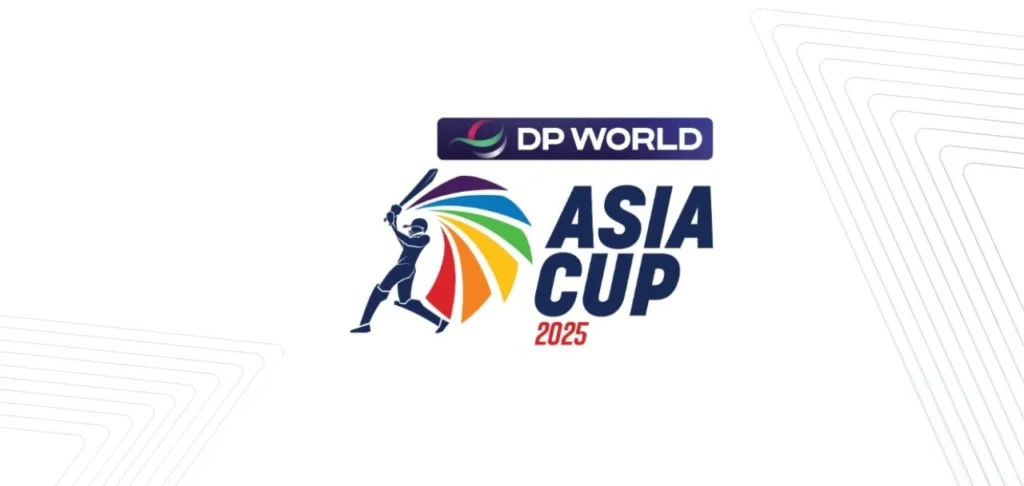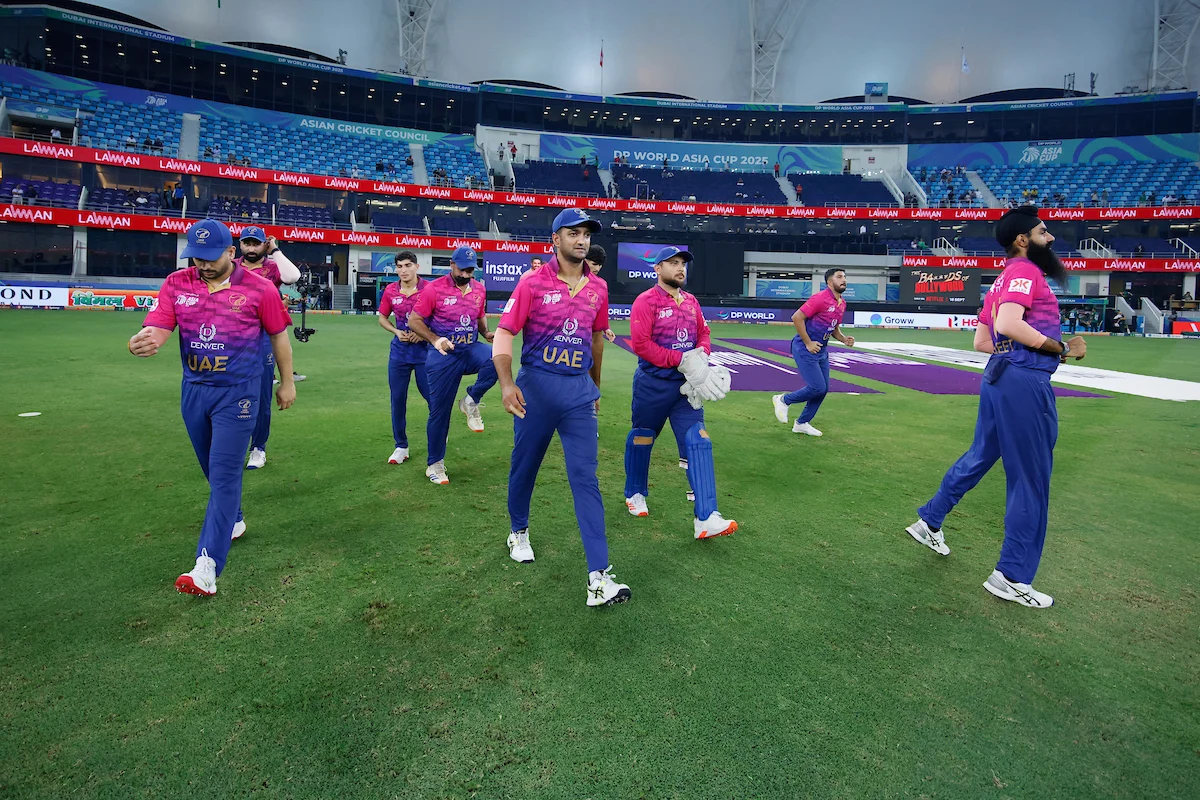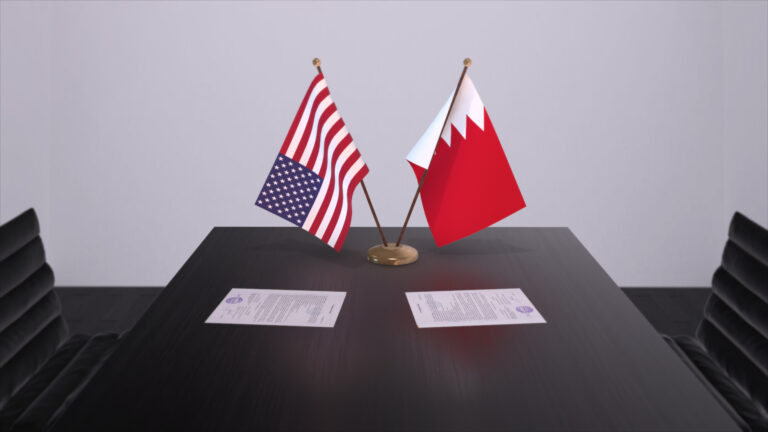September 20, 2025 | Dubai, UAE: ICC take action is now expected as the International Cricket Council (ICC) is poised to take action against PCB in response to multiple violations observed during Pakistan’s match against the United Arab Emirates in the Asia Cup. Reported incidents encompass the unauthorized dissemination of sensitive footage, disagreements concerning match officials, and a postponement of the game’s commencement. This situation has garnered international attention and has subjected the PCB to increased examination regarding its behavior during one of the most widely viewed tournaments in cricket.
ICC Take Action Flags Multiple Breaches
The controversy started when PCB media staff filmed a pre-match meeting involving match referee Andy Pycroft, Pakistan captain Salman Ali Agha, and coach Mike Hesson. The footage was then posted on PCB’s official social media platforms, sparking criticism from the ICC and rival boards.

Under Asia Cup regulations, the Players and Match Officials Area (PMOA) is strictly off-limits for media representatives and recording equipment. The rules are designed to protect impartiality and ensure sensitive discussions remain confidential. By entering with a camera and distributing the video, PCB is believed to have breached this restriction, prompting calls for action against PCB.
The matter escalated when PCB claimed in a press release that Pycroft had apologised for earlier miscommunication with the team. ICC sources quickly rejected that claim, clarifying that Pycroft had expressed regret but had not issued a formal apology. The mismatch in versions added to the controversy and raised questions about the accuracy of PCB’s statements, once again increasing pressure for ICC take action.
The tension deepened further when Pakistan called for Pycroft’s removal from officiating duties, citing concerns over impartiality. Reports confirmed that Pakistan threatened to withdraw from the fixture against the UAE unless its demands were met. This standoff delayed the start of play by nearly an hour, leaving fans frustrated and drawing widespread criticism from media outlets and fueling demands for action against PCB.
Read More: Italy vs Netherlands Could Decide ICC Men’s T20 World Cup Europe Qualifier Fate
What Action ICC May Take Against PCB?
The ICC has not announced a final decision, but disciplinary action is considered likely. Officials are assessing the breaches and are expected to impose penalties to maintain tournament integrity. Possible measures include:
- Financial fines for recording and releasing footage from a restricted zone.
- Formal warnings against PCB to prevent recurrence in future tournaments.
- Restrictions on media activity by PCB staff in upcoming ICC events.
- Closer oversight of Pakistan’s participation in international competitions.
In addition, PCB’s public statement about Pycroft’s supposed apology is also under review. If ICC concludes that PCB knowingly misrepresented facts, stricter sanctions could follow. Such action would underline the importance of accurate communication between boards and the global governing body. This makes the case for ICC take action even stronger.

PCB, meanwhile, has defended its actions. It maintains that the recording was not intended to breach rules and that Pycroft’s remarks during the meeting were open to interpretation. The board insists that its decisions were driven by a desire to protect its players, not to challenge ICC authority. However, ICC sources remain firm that rules apply equally to all teams, reinforcing the possibility of action against PCB.
Implications for the Asia Cup and Beyond
This episode has cast a shadow over the Asia Cup, a tournament followed by millions across Asia and beyond. For the ICC, the matter is not only about rule enforcement but also about preserving the credibility of its competitions. Allowing breaches to go unpunished could weaken confidence in the fairness of international cricket and heighten the push for ICC take action.
The delay to Pakistan’s match against the UAE also highlighted how disputes off the field can disrupt play on the field. Fans expressed frustration at being left waiting, while broadcasters raised concerns about schedule interruptions and commercial impact. Calls for action against PCB have since intensified among other cricket boards monitoring developments.
Other cricket boards are closely monitoring developments, as the outcome will set a precedent. A strong response by ICC could deter future violations by member boards. A weak response, on the other hand, may embolden teams to push boundaries in pursuit of leverage during tournaments.

The situation also raises questions about the balance of power between the ICC and national boards. While boards like PCB represent influential cricketing nations, the ICC’s authority rests on its ability to enforce rules consistently across all members. This case may test that balance.
Asia Cup Integrity at Stake
The International Cricket Council (ICC) is anticipated to reach a decision regarding the situation in the near future, with disciplinary actions against PCB increasingly probable. This case illustrates the necessity of adhering to tournament regulations, ensuring effective communication, and preserving the impartiality of match officials.
Regardless of the penalties that may be enacted, the incident has already adversely affected the reputation of the Pakistan Cricket Board and shifted focus away from the performances on the field. For the ICC, the primary objective will be to restore faith in the Asia Cup and to reaffirm that all teams are subject to the same standards.
This incident serves as a reminder that international cricket relies not only on athletic ability but also on trust, governance, and principle of fair play. As the Asia Cup continues, the attention now centers on the ICC’s forthcoming response-a decision that will have repercussions extending beyond this particular tournament and cement the precedent for future ICC take action.
Also Read: Asia Cup 2025 Match Series Begins in UAE














